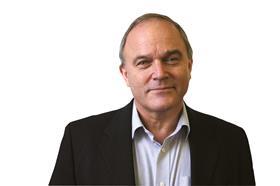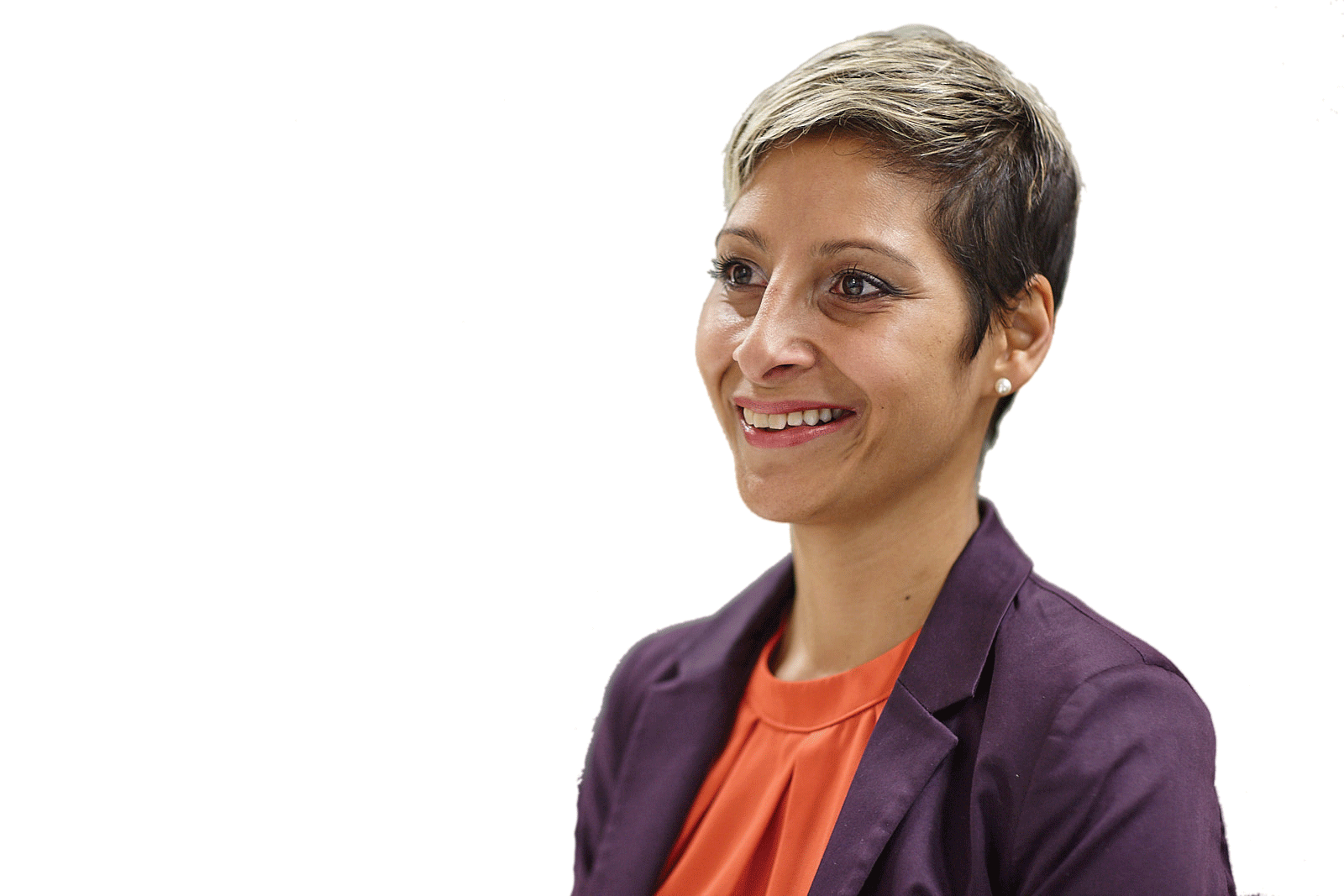The annual Law Management Section conference looked at how law firms must face up to the future – or fall behind.

This year’s Law Management Section’s annual conference was ambitiously titled: The law firm of the future. And yet there isn’t a crystal ball in evidence. On the contrary, speaker after speaker cites hard facts about how the market for legal services is evolving and how the assembled practitioners should rise to the challenge — or be left behind.
The first panel discussion, chaired by Gazette columnist Joshua Rozenberg QC (hon), sets the keynote for the conference: adapt or die. Virtual law firm Excello Law’s founder George Bisnought wonders: ‘What will the profession do when clients have software that does what lawyers do?’ He instances his own firm, which is populated by lawyers working remotely, as a possible solution: ‘Having no targets to meet, our lawyers find it easier to get to know their clients well. That builds loyalty.’
A delegate from the floor asks: ‘Knowing what you know now, how would you do things differently?’ Laura Devine, managing partner of her own firm, responds: ‘Encourage agile working. Be a boutique firm, doing one thing very well. And remember to look after your team as well as your clients.’ Senior partner of national firm TLT, Robert Bourns, advises: ‘Pause for 30 seconds before sending an email and never reply all.’
During the first plenary session, barrister and Athena Professional consultancy director Nicola Jones asks: ‘What should you do tomorrow to set yourself up for the future?’ Before answering her own question, she puts the challenges in context. We are living through a period of unparalleled technical progress, she says. ‘Your clients will soon be able to ask an app the questions they normally ask you.’ She urges the profession to keep pace with progress through ‘digital transformation’, but also to remain mindful of the more traditional assets associated with law firms, such as human capital, the ability to learn from mistakes and, ‘key these days’, to continue to learn.

She finishes with a conundrum. ‘What English word, pronounced and spelt the same, has two opposite meanings?’ The answer is ‘cleave’, which can mean ‘split asunder’ or ‘hold dear’. This is the dilemma faced by the law firms of the future: what should they let go and what should they retain?
During a morning breakout session, City firm CM Murray partner Samantha Mangwana addresses the prominent subject of sexual harassment in the workplace. She notes that this isn’t just about Harvey Weinstein or the ‘Me Too’ movement, but is an issue that has caught the attention of the Solicitors Regulation Authority (SRA). It is a complex one. ‘It is recognised as harassment if that is the reasonable perception of the victim,’ says Mangwana. ‘It is no defence if the perpetrator says it was unintended. The complainant doesn’t even need to be the direct victim. It is sufficient if she perceives a change for the worse in the atmosphere of the workplace.’
She warns against the improper use of non-disclosure agreements and directs delegates towards the SRA’s recent warning notices and also the advice issued by the Equality and Human Rights Commission.
Lights-On Consulting director Peter Owen reminds delegates of the bewildering pace of technological change in the modern era. The computing power of today’s smartphones, he asserts, dwarfs the power of the chunkier computers of a few years ago. He adds: ‘You can now buy your way to becoming an astronaut. Dubai taxis are soon, effectively, to be helicopters and a flying car has already been developed.’

The process of change is going to speed up, not diminish, he argues. ‘It’s how we are going to meet the demands of the global market. Young lawyers are more accepting of technology than the older generation. And then there is the sheer volume of data that we have to cope with.’ Owen concludes: ‘If the world is changing, why shouldn’t lawyers, too? We have no choice but to embrace digital transformation by totally adopting the cloud and the as yet untested potential of artificial intelligence.’
Quite Early One Morning consultant Tom Banks speaks at a breakout session on branding for law firms. ‘Branding is what people think and feel about you,’ he states. ‘If your people understand your brand, they are enthused and motivated. After all, happy cows make better milk.’ He amuses delegates with a short film showing two crusty old lawyers, played by famous actors, speaking legal gobbledegook: ‘Clarity is all important. Speak the language of your clients.’
There follows a panel discussion, chaired by Chester and Shrewsbury firm Aaron & Partners partner Paul Bennett, titled Who will get you to the future? The question is posed: ‘Given an unlimited budget and time, what one tip would raise productivity?’ Consultancy Wilkinson Read & Partners founder Barry Wilkinson urges: ‘Make time to talk every month to someone you respect.’ National firm Duncan Lewis director Meena Kumari proposes: ‘Invest in your people. They are key to your success.’ Nadia Biles Davies, executive partner of St Albans firm Rayden, says: ‘It’s not just about money. Culture is incredibly important. When people are excited about their work and their team, they produce results and don’t move away.’ Swansea firm BJM director Barry Davies adds: ‘Don’t ignore succession. It needs to be constantly reviewed to make sure no skill set is missing from the firm. You also need to get senior people’s experience out of their heads and passed on to the forthcoming generation.’
The conference closes with a presentation by consultancy Edge International principal Nick Jarrett-Kerr on the best business plan for the law firms of the future. He starts on a gastronomic note. ‘It’s no longer the big beasts that eat the small. It’s the fast who eat the slow. What’s more, culture eats everything else for breakfast. Get it right.’ He goes on to warn: ‘There’s a danger of being stuck in the middle between being a no-frills practice and being one that’s at the upper end of the market. It’s essential that your identity is delineated strongly.’































No comments yet